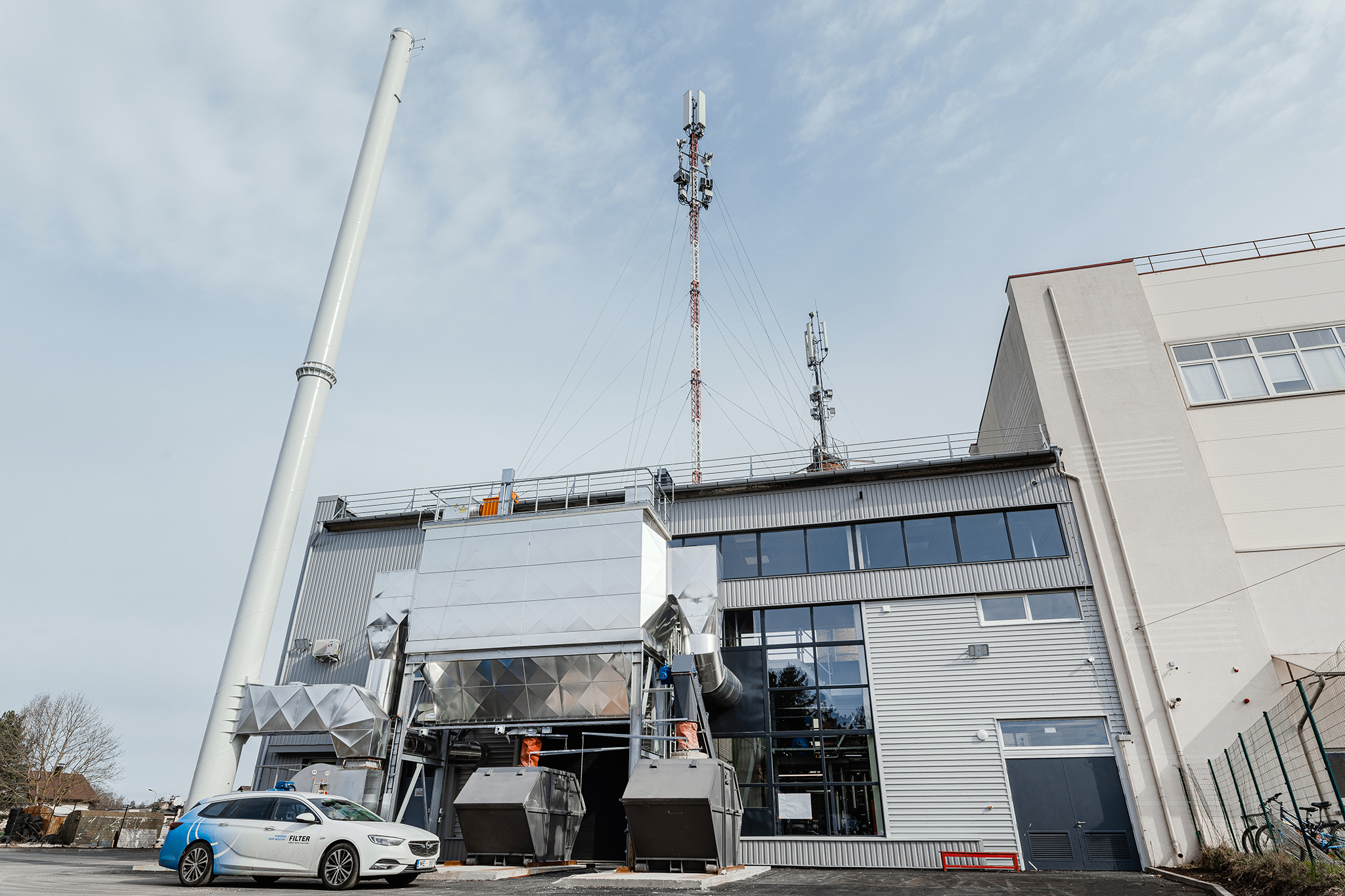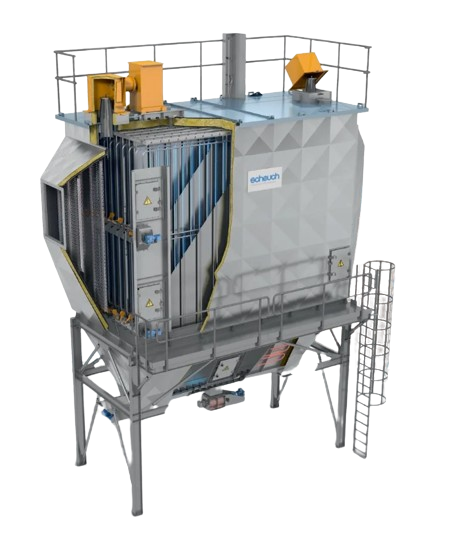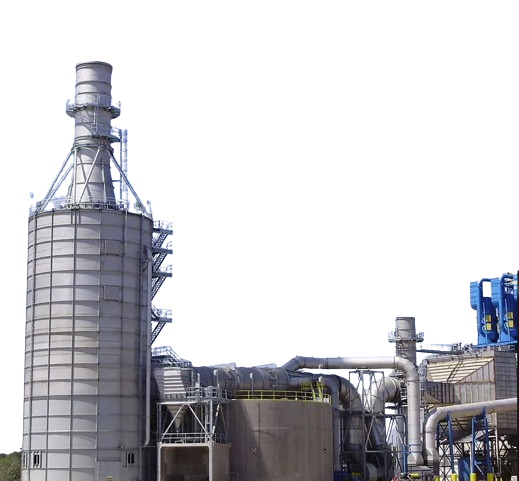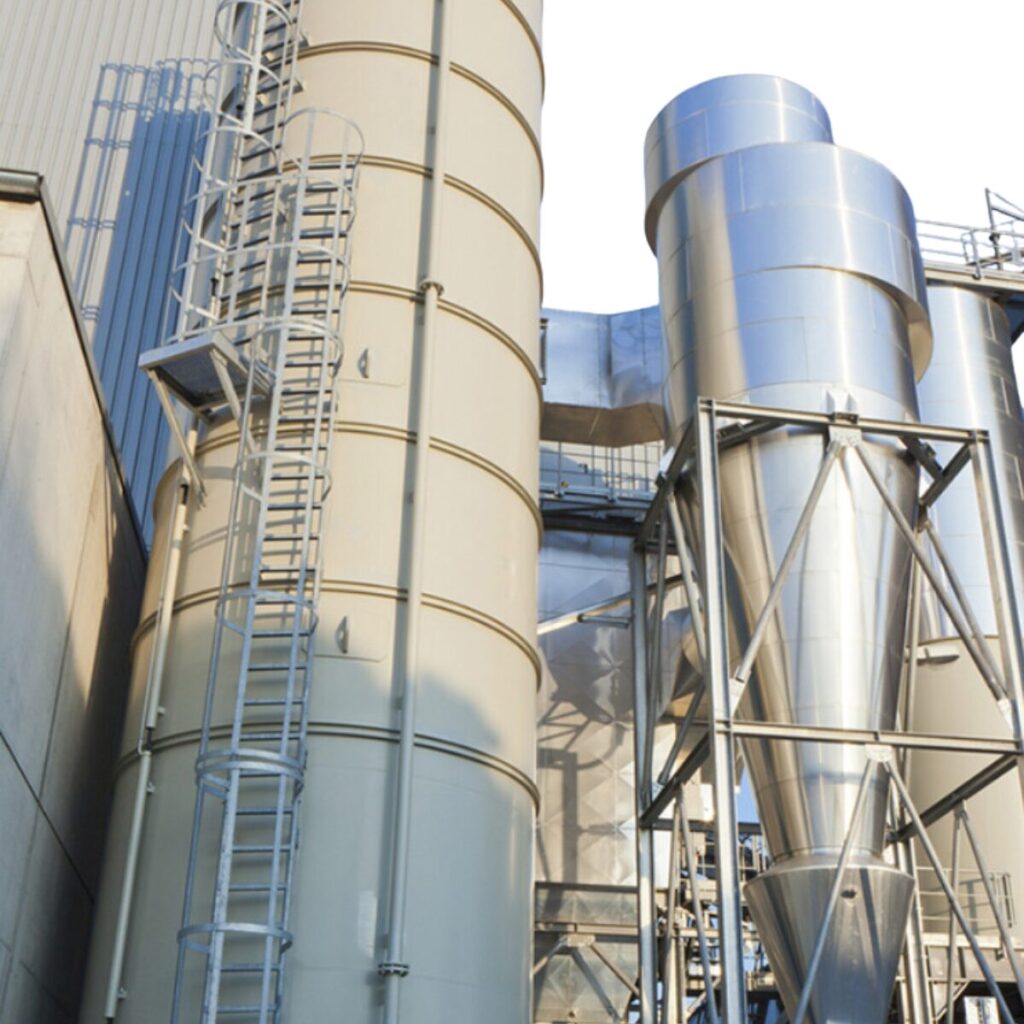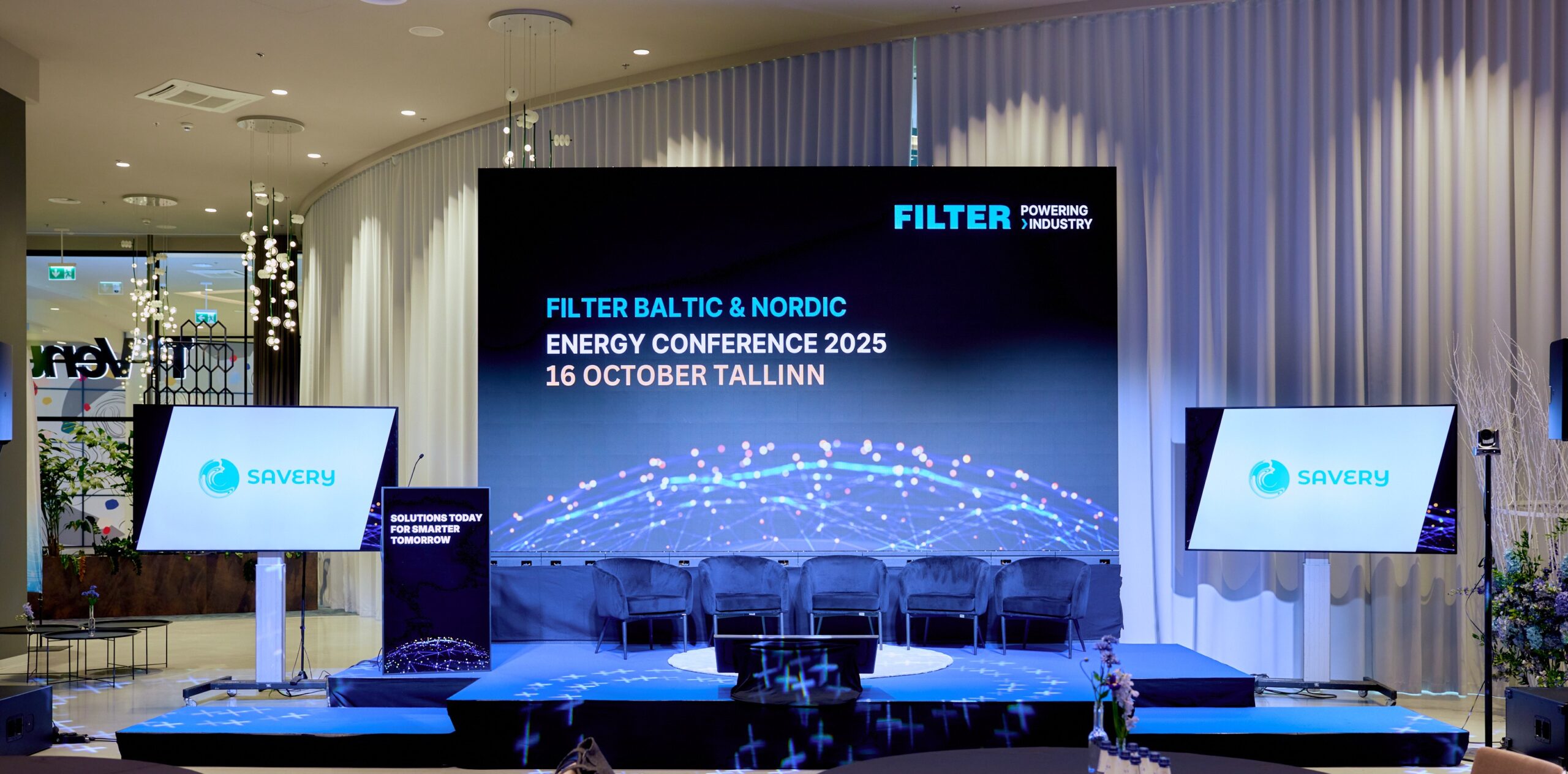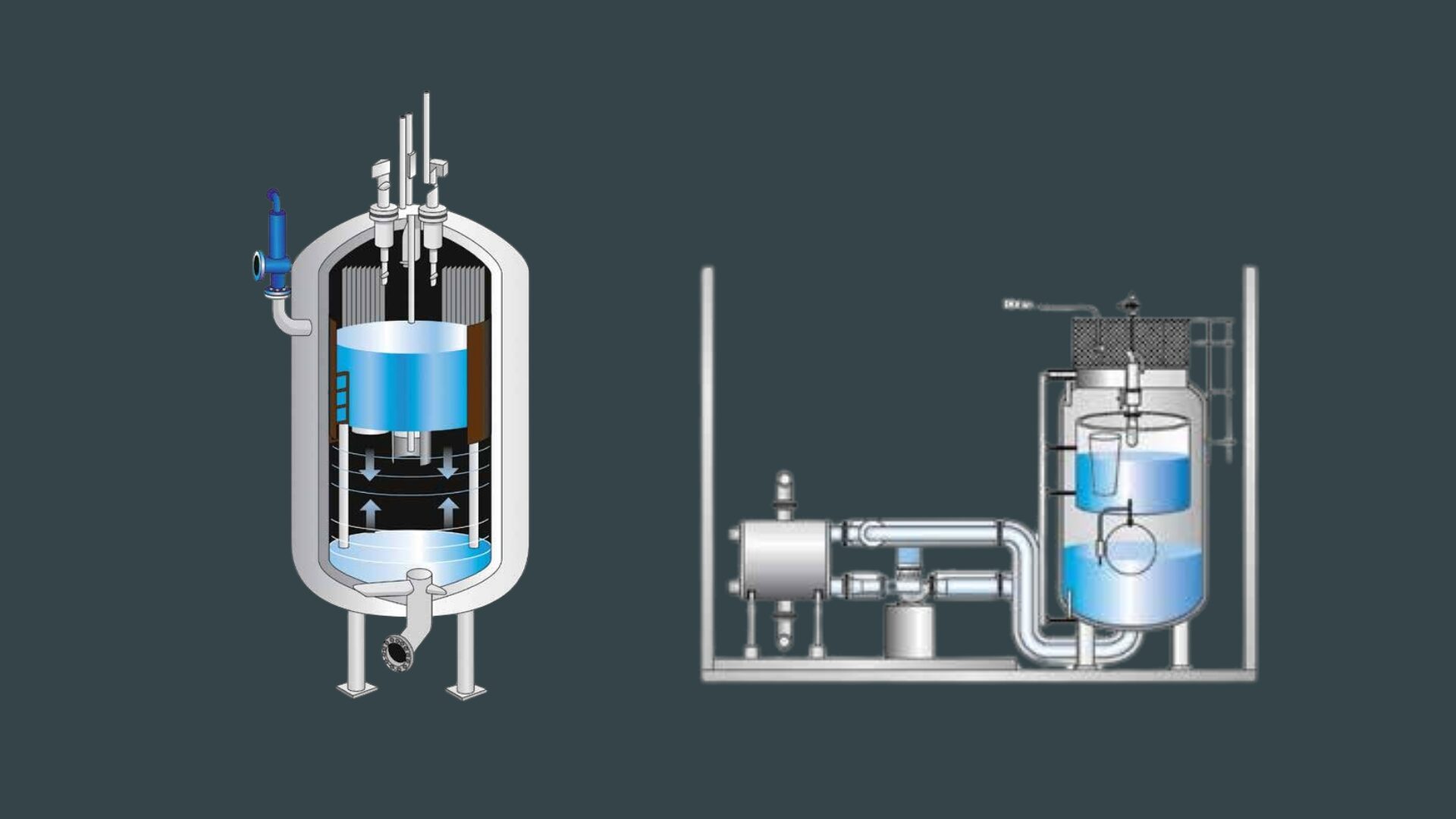Flue gas cleaning systems reduce atmospheric emissions of substances that are harmful to the environment, public health, and adhere to legal standards. It also offers technological and economic advantages, contributing to sustainable industrial practices and the overall well-being of ecosystems and communities. Flue gases contain pollutants like sulfur dioxide (SO₂), nitrogen oxides (NOₓ), carbon monoxide (CO) and particulate matter. Cleaning these gases reduces the emission of harmful substances into the atmosphere, decreasing air pollution and its associated health and environmental impacts.
-
Reduction of SO2 emissions
-
Reduction of NOx emissions
-
Reduction of particles emissions
-
Reduction of CO2 emissions
